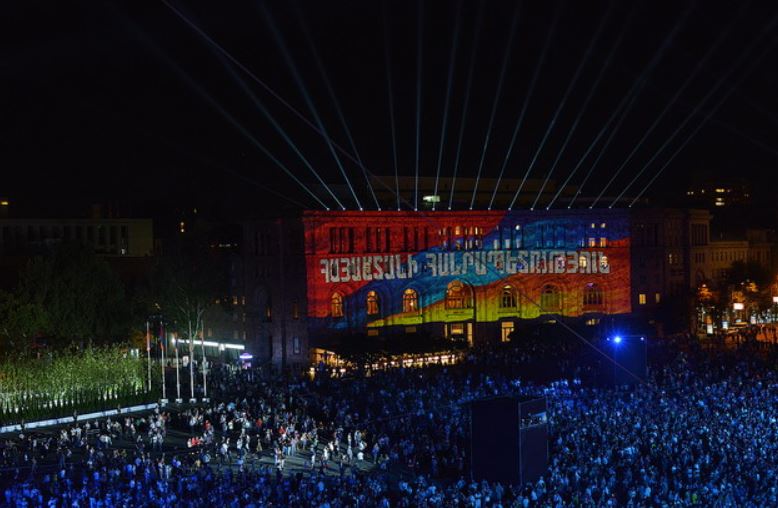Should every person who considers themselves an Armenian try to answer the following question, or rather, continue the following sentence. “We are the nation that…”.? Maybe there are people who do not set such a task, or who even consider it unacceptable or ridiculous. But suppose 50% of Armenians think in that direction.
What are the answers? We are the nation that: 1) was the first to convert to Christianity, 2) resisted in the battle of Avarayr, 3) was subjected to the Genocide in 1915, 4) tried to establish a state in the 20th century, and 5) liberated Artsakh in 1994. Everyone can accept all or some of these options, or they can reject all of the options by offering their own version. Of course, this does not apply only to us; any nation has or, I think, should have such a narrative. For example, in Azerbaijan, the main narrative between 1994-2020 was, “The enemy, the hated Armenians, have occupied 20% of our territory, and our goal is to drive them out of Karabakh.”
Leaving all emotions aside, it was an important stage in the formation of an identity for that nation, to put it mildly, with a not-so-rich historical past.
Turning to us, we can say that the narrative of the current government is the following: “We are the nation that was able to get rid of the corrupt government that oppresses the people.” Is that a working narrative? Of course, it worked until 2018 as a vision. And as a reality, is it comparable to, say, the adoption of Christianity or the other statements mentioned above? I ask this question quite seriously, without sarcasm. Suppose that narrative is the most important for most Armenians. In any case, it requires continuity.
Read also
For example, an “oppressor” should be arrested at a certain frequency and a mansion should be “nationalized.” But sooner or later the “oppressors” and “mansions” will end. In what direction should this narrative develop? One of the possible ways is the sanctification of the revolution (sacralization). For example, considering Citizen’s Day a more important holiday than September 21. Or, following the example of Kazakhstan, it is possible to build a beautiful tower with a gold-plated stamp in Pashinyan’s hand so that citizens can make pilgrimages to that sanctuary.
But the same Kazakh experience shows that it can not last forever. Eventually, we will have to answer the question of who we are. And depending on the answer to that question, we will move forward.
Aram Abrahamyan























































